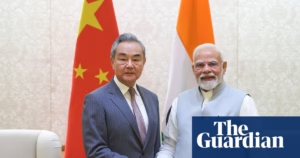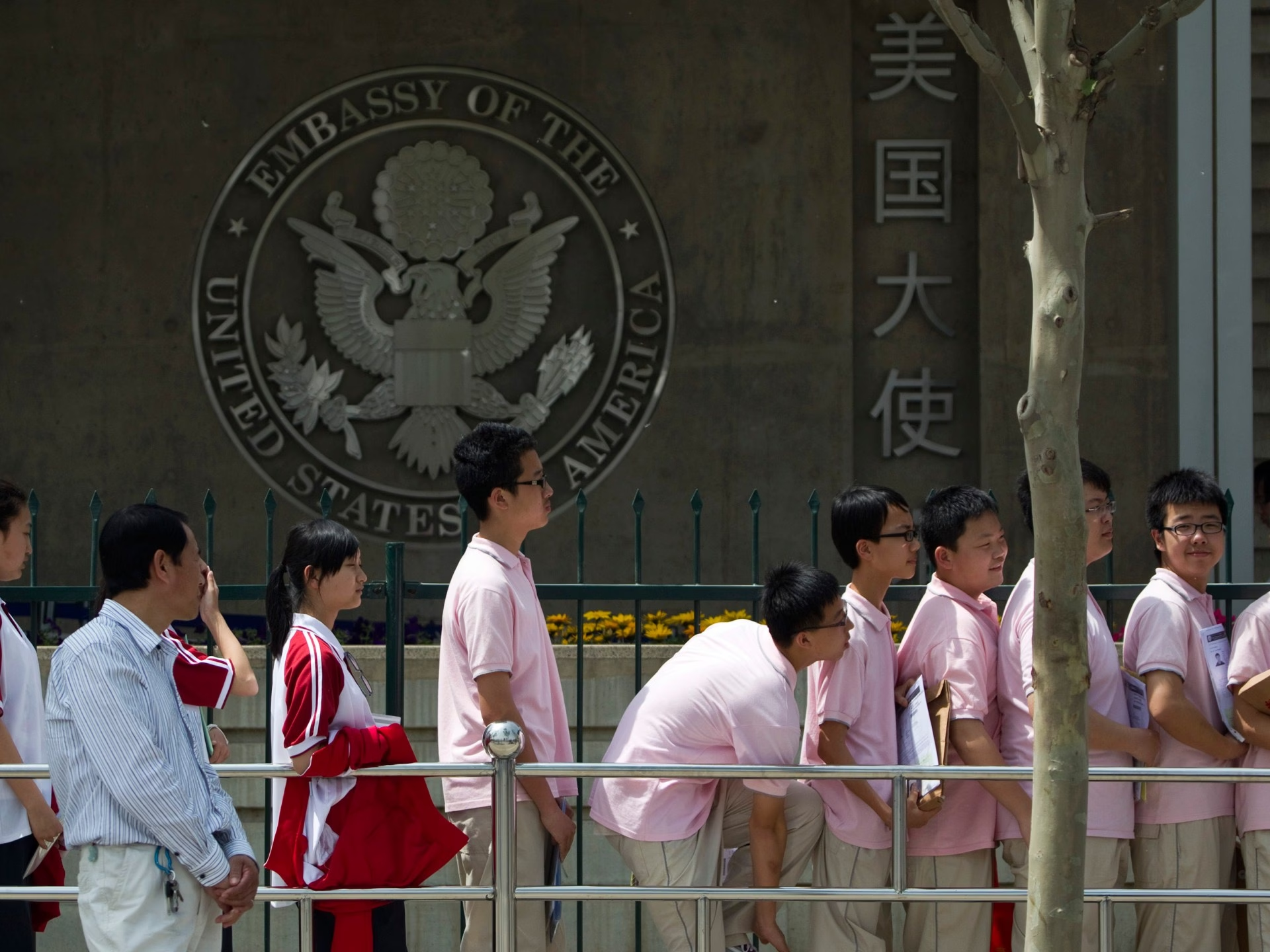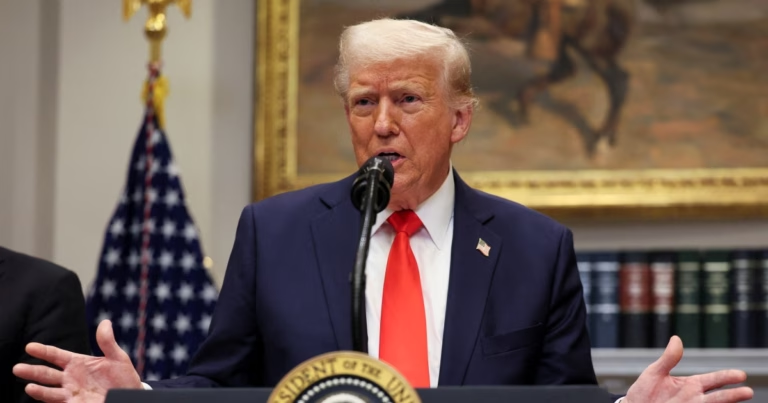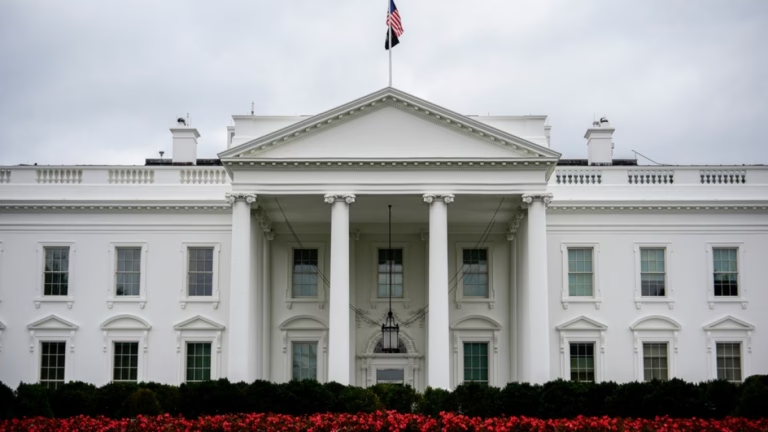US congressional committee seeks information from six US universities regarding Chinese students enrolled in science and technology programs.
The letters were sent on Thursday by John Moolenaar, the chair of the US House Select Committee on the Chinese Communist Party. Moolenaar alleged that Beijing was embedding its students in top research programs to gain access to sensitive technology.
In response, China’s Foreign Ministry spokesperson Mao Ning urged the US to “stop overstretching the concept of national security” and to “protect the legitimate rights and interests of Chinese students” in the country.
Mao stated that Chinese students make up approximately 25 percent of all foreign students in the US and contribute to its “economic prosperity and technological development.”
In recent years, US universities have welcomed Chinese students as a crucial source of funding, as they often pay the full international tuition fee.
However, the increasing number of Chinese students has raised concerns among lawmakers like Moolenaar, who accused university administrators of compromising US research in pursuit of higher tuition revenue.
The ‘Trojan Horse’ Accusation
Moolenaar wrote in his letter that the student visa system had become a “Trojan Horse” for Beijing, providing unrestricted access to top research institutions and posing a direct threat to national security.
“The Chinese Communist Party has established a well-documented, systematic pipeline to embed researchers in leading US institutions, providing them direct exposure to sensitive technologies with dual-use military applications,” the letter stated.
Letters were sent to Carnegie Mellon University, Purdue University, Stanford University, the University of Illinois, the University of Maryland, and the University of Southern California. The requests demanded information on funding sources, research carried out by Chinese students, and a country-by-country breakdown of applicants, admittances, and enrollments at the universities.
Student Visas
The letters follow Representative Riley Moore of West Virginia’s move earlier this week to stop Chinese citizens from receiving visas to study in the US or participate in exchange programs.
Moore introduced a bill known as the “Stop CCP Visas Act” to Congress, although it is not expected to pass due to significant opposition.
Critics argue that the bill is reminiscent of the Chinese Exclusion Act, which restricted Chinese immigration to the US from 1882 to 1943.
Moore stated that he would “never apologize for defending America’s national interests against our greatest geopolitical foe.”









